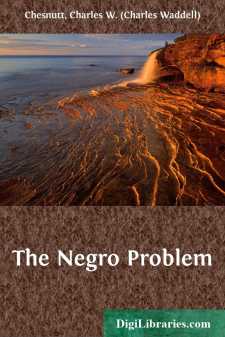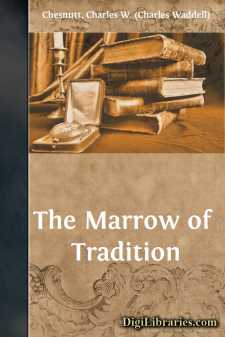Categories
- Antiques & Collectibles 13
- Architecture 36
- Art 48
- Bibles 22
- Biography & Autobiography 813
- Body, Mind & Spirit 142
- Business & Economics 28
- Children's Books 14
- Children's Fiction 11
- Computers 4
- Cooking 94
- Crafts & Hobbies 4
- Drama 346
- Education 46
- Family & Relationships 57
- Fiction 11829
- Games 19
- Gardening 17
- Health & Fitness 34
- History 1377
- House & Home 1
- Humor 147
- Juvenile Fiction 1873
- Juvenile Nonfiction 202
- Language Arts & Disciplines 88
- Law 16
- Literary Collections 686
- Literary Criticism 179
- Mathematics 13
- Medical 41
- Music 40
- Nature 179
- Non-Classifiable 1768
- Performing Arts 7
- Periodicals 1453
- Philosophy 64
- Photography 2
- Poetry 896
- Political Science 203
- Psychology 42
- Reference 154
- Religion 513
- Science 126
- Self-Help 84
- Social Science 81
- Sports & Recreation 34
- Study Aids 3
- Technology & Engineering 59
- Transportation 23
- Travel 463
- True Crime 29
Frederick Douglass A Biography
Categories:
Description:
Excerpt
I.
If it be no small task for a man of the most favored antecedents and the most fortunate surroundings to rise above mediocrity in a great nation, it is surely a more remarkable achievement for a man of the very humblest origin possible to humanity in any country in any age of the world, in the face of obstacles seemingly insurmountable, to win high honors and rewards, to retain for more than a generation the respect of good men in many lands, and to be deemed worthy of enrolment among his country's great men. Such a man was Frederick Douglass, and the example of one who thus rose to eminence by sheer force of character and talents that neither slavery nor caste proscription could crush must ever remain as a shining illustration of the essential superiority of manhood to environment. Circumstances made Frederick Douglass a slave, but they could not prevent him from becoming a freeman and a leader among mankind.
The early life of Douglass, as detailed by himself from the platform in vigorous and eloquent speech, and as recorded in the three volumes written by himself at different periods of his career, is perhaps the completest indictment of the slave system ever presented at the bar of public opinion. Fanny Kemble's Journal of a Residence on a Georgian Plantation, kept by her in the very year of Douglass's escape from bondage, but not published until 1863, too late to contribute anything to the downfall of slavery, is a singularly clear revelation of plantation life from the standpoint of an outsider entirely unbiased by American prejudice. Frederick Douglass's Narrative is the same story told from the inside. They coincide in the main facts; and in the matter of detail, like the two slightly differing views of a stereoscopic picture, they bring out into bold relief the real character of the peculiar institution. Uncle Tom's Cabin lent to the structure of fact the decorations of humor, a dramatic plot, and characters to whose fate the touch of creative genius gave a living interest. But, after all, it was not Uncle Tom, nor Topsy, nor Miss Ophelia, nor Eliza, nor little Eva that made the book the power it proved to stir the hearts of men, but the great underlying tragedy then already rapidly approaching a bloody climax.
Frederick Douglass was born in February, l8l7,—as nearly as the date could be determined in after years, when it became a matter of public interest,—at Tuckahoe, near Easton, Talbot County, on the eastern shore of Maryland, a barren and poverty-stricken district, which possesses in the birth of Douglass its sole title to distinction. His mother was a negro slave, tall, erect, and well-proportioned, of a deep black and glossy complexion, with regular features, and manners of a natural dignity and sedateness. Though a field hand and compelled to toil many hours a day, she had in some mysterious way learned to read, being the only person of color in Tuckahoe, slave or free, who possessed that accomplishment. His father was a white man....







